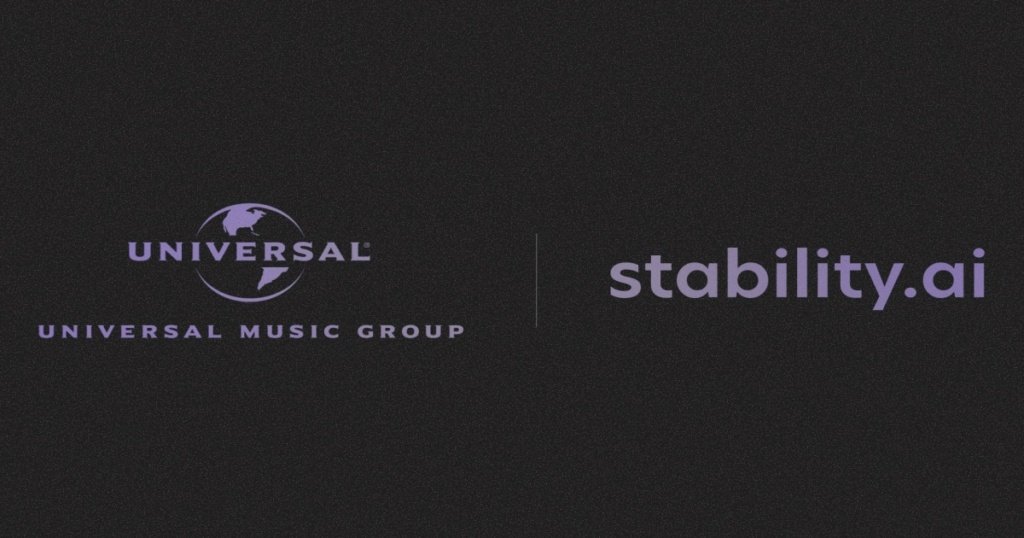Universal Music Group has announced a strategic alliance with Stability AI, a leading independent multi-modal generative AI company.
It follows the deal revealed hours earlier with AI-powered music creation platform Udio – as well as reports more widely about major labels’ AI licensing agreements in the pipeline.
The strategic alliance with Stability AI will lead to the development of next-generation professional music creation tools, powered by responsibly trained generative AI and built to support the creative process of artists, producers and songwriters globally.
Through this alliance, Stability AI’s research and product teams will work closely with UMG and its artists to research technical approaches for the next generation of music creation tools. They will explore new recording and composition concepts, gather insights into artists’ needs, and better understand how artists adopt and engage with these technologies.
“By centering artists in the development process, the collaboration will prioritise feedback from the creative community to guide the creation of fully licensed, commercially safe AI music tools, advancing responsible innovation that supports both artists and rights-holders while preserving the integrity of the art form,” said a statement.
Michael Nash, chief digital officer & EVP, Universal Music Group, said: “This agreement is an extension of our fundamental orientation that our artists and songwriters are the cornerstone of our business. With AI, as with everything else we do, we start with what best supports our work to help them achieve creative and commercial success and build from that foundation to forge new and better commercial and creative opportunities.
“And as we’ve made abundantly clear, we will only consider advancing AI tools and products based on models that are trained responsibly. We’re looking forward to working with Stability AI to deeply integrate AI tools development with the vision and creative ambitions of our artists and to the results and rewards this initiative offers to all.”
This agreement is an extension of our fundamental orientation that our artists and songwriters are the cornerstone of our business
Michael Nash
In the statement, UMG said it has been “at the forefront of AI innovation within the music industry, embracing the transformative potential that responsibly trained AI technology has to better connect artists with fans, fuel human artistry, enhance discovery and help redefine the listening experience”.
UMG has already secured industry-first AI-related agreements with a wide-range of global partners including YouTube, TikTok and Meta, as well as working to protect artists, songwriters and rights-holders from unlicensed training and copyright infringement.
“UMG is committed to helping develop responsibly trained AI products that will provide accurate attribution and tools designed to empower, protect and compensate artists,” added the statement.
Stability AI has been recognised for its “commercially safe generative audio”. Its Stable Audio family of models was built specifically for professionals and trained exclusively on licensed data to support responsible, high-quality music and sound generation.
“UMG has long been a leader in technological innovation in music,” said Prem Akkaraju, CEO of Stability AI. “This partnership marks the next chapter of music creation. At Stability AI, we put the artist at the center and build AI around their unique needs because real transformation has always come from a combination of art and science.”
Last week, Stability AI announced a strategic partnership with Electronic Arts (EA) to co-develop generative AI models, tools and workflows that empower EA’s artists, designers and developers to reimagine how games are made. They’ve also recently partnered with WPP, a global marketing and communications services company, to deliver AI solutions that drive innovation in marketing and advertising.
For more stories like this, and to keep up to date with all our market leading news, features and analysis, sign up to receive our daily Morning Briefing newsletter


